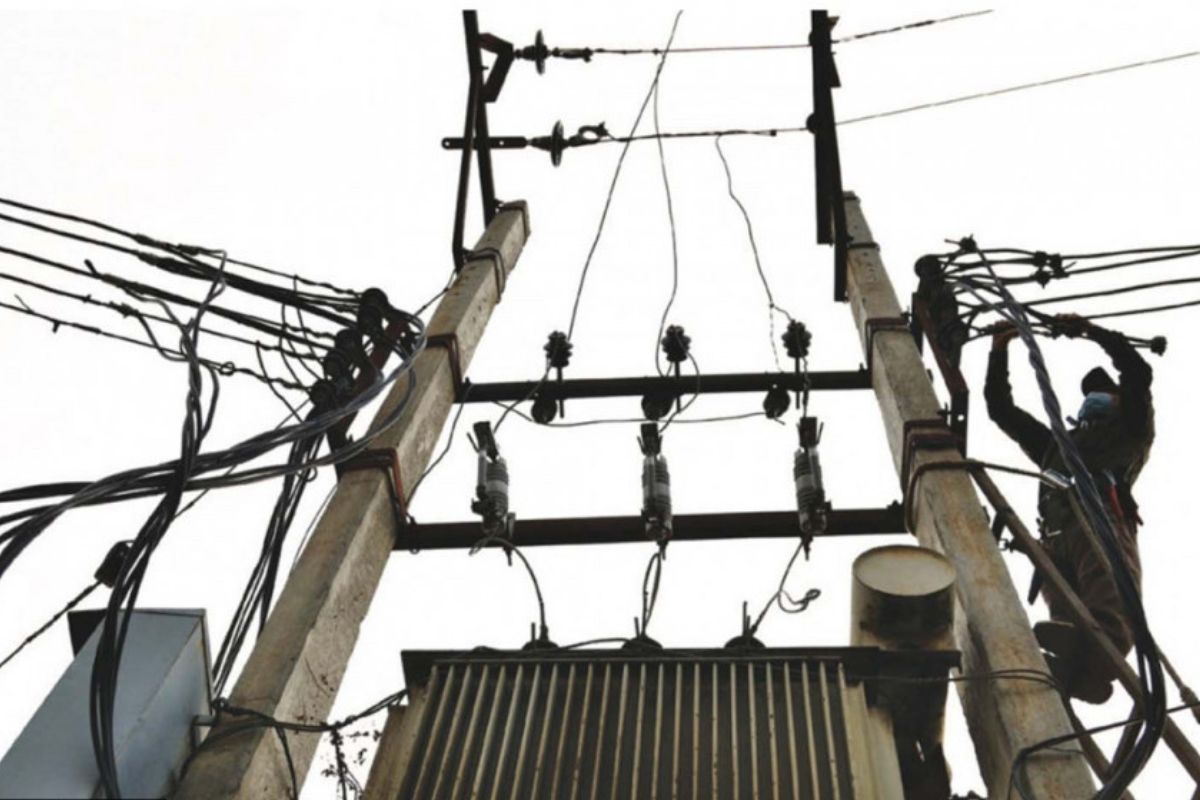The government has amended the Electricity (Late Payment Surcharge and Related Matters) Rules, 2022 to ensure an adequate supply of electricity to meet its growing demand in the country.
The amendments will enhance the reliability of the power supply for all consumers.
Advertisement
Speaking about the amendments, Union Minister for Power and New & Renewable Energy R K Singh stated that a key amendment that has been made is related to surplus power which is within the declared generation capacity but not requisitioned by distribution companies. The minister said that some power generators were not offering this surplus power in the market, thus resulting in unused power capacity at the national level.
To address this issue and optimise the use of available power, power generators that do not offer their surplus power will now not be eligible to claim capacity or fixed charges corresponding to that surplus quantum.
Additionally, this surplus power cannot be offered for sale in the power exchange, at a price of more than 120 per cent of the energy charge plus the applicable transmission charge. This will increase the likelihood of the surplus electricity getting purchased and utilized.
Furthermore, amendments have been made to align the rules with statutory provisions related to accessing the national power grid. These amendments facilitate distribution companies facing curtailment of access due to payment defaults, in getting quicker restoration of access to the national grid once they settle their outstanding dues.
The minister said the electricity rules were introduced in 2022 to tackle cash flow challenges faced mainly by generation companies and transmission companies and to promote timely payments across the power sector. Since their notification, there has been significant progress in recovering outstanding dues, with most distribution companies now adhering to regular payment schedules. The total unpaid bills have been reduced from around Rs. 1.4 lakh crores in June 2022 to around Rs. 48,000 crore in February 2024.











